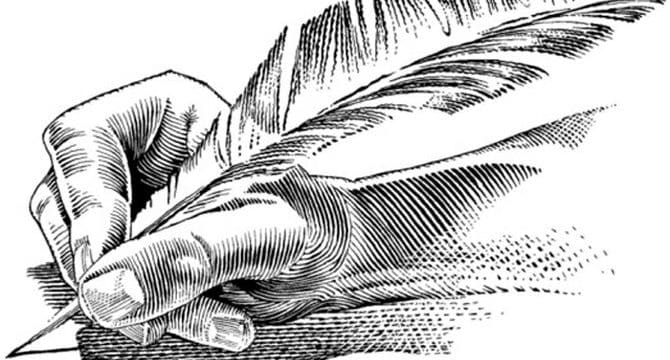
In March 2023, during the Minerva Dialogues, a gathering of technology experts at the Vatican, Pope Francis—a one-tine chemist—acknowledged the significant benefits of AI in fields such as engineering, medicine, and communications and their potential to contribute positively to humanity’s future. However, he cautioned against unethical or irresponsible use, expressing disquiet about the worsening of global inequality.
Various problems caused by the misuse of AI were outlined in a 21 June 2023 article in the MIT Technology Review, including increased dissemination of misinformation, biased outputs, and erosion of user privacy. The pope himself fell victim to AI misinformation when a deep fake picture of him wearing a puffy coat went viral on the Internet in 2023.
Clearly, technology and AI must be firmly rooted and guided by morals and ethics that serve the common good, as well as the betterment of humankind and the environment.
The first pope to be invited to address the G7 summit, held this year from June 13 to 15 at Borgo Egnazia in Fasano, Italy, Pope Francis told the gathering on June 14 that artificial intelligence arises from our God-given creative potential. He said, “To speak of technology is to speak of what it means to be human and thus of our singular status as beings who possess both freedom and responsibility. This means speaking about ethics,” and urged its use as an instrument for the “building up the good and a better tomorrow … aimed at the good of every human being.”
In this year’s message World Day of Peace, the pope wrote, “The unique human capacity for moral judgment and ethical decision-making is more than a complex collection of algorithms, and that capacity cannot be reduced to programming a machine, which as ‘intelligent’ as it may be, remains a machine.”
On 28 February 2020, the Pontifical Academy for Life, Microsoft, IBM, FAO, and the Italian Ministry of Innovation became the first signatories of the Rome Call for AI Ethics. The document aims to promote an ethical approach and advocate for responsible practices in digital innovation. It emphasises ethics, education, and rights, and calls for adherence to principles such as transparency, inclusion, accountability, impartiality, reliability, security, and privacy.
On March 21, the UN General Assembly unanimously adopted a resolution promoting “safe, secure and trustworthy” AI systems for sustainable development. It stated that the same rights people have offline must be protected online, including throughout the entire life cycle of AI systems. Linda Thomas-Greenfield, the US ambassador and permanent representative to the UN, highlighted the opportunity and the responsibility “to govern this technology rather than let it govern us.”
In his 2020 encyclical, Fratelli Tutti, the pope wrote: “Technology is constantly advancing, yet ‘how wonderful it would be if the growth of scientific and technological innovation could come with more equality and social inclusion. How wonderful would it be, even as we discover faraway planets, to rediscover the needs of the brothers and sisters who orbit around us’” [31]. SE










